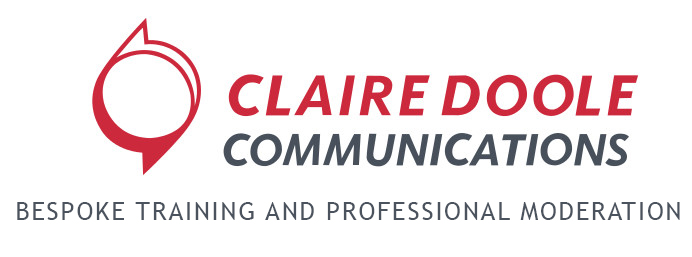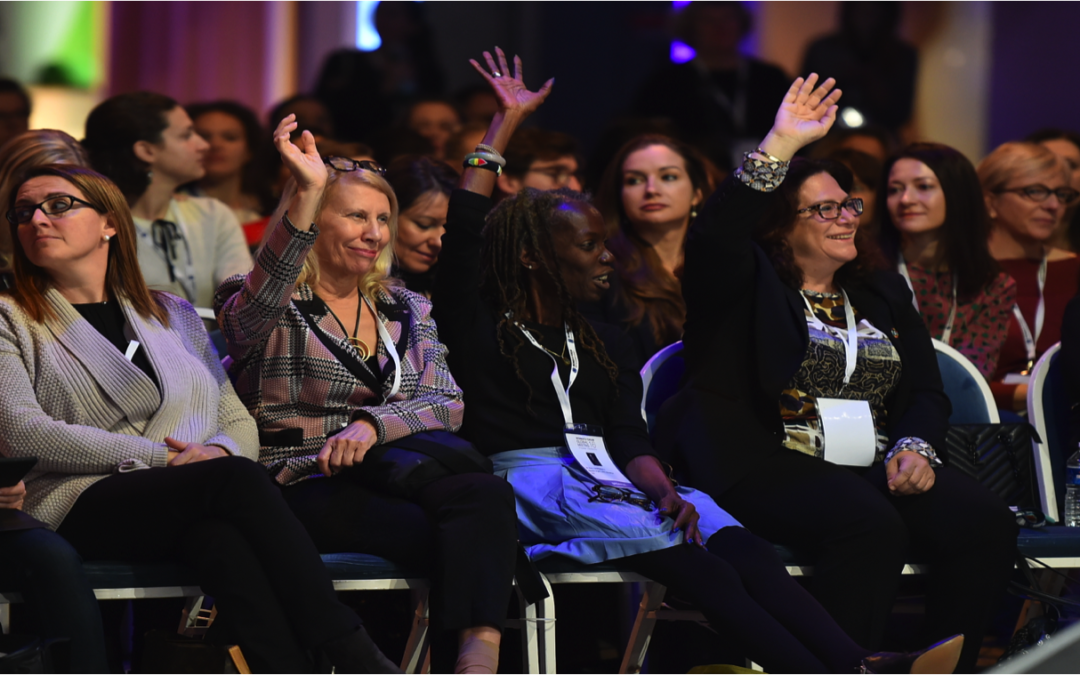For some presenters, the Q&A is the best part of any speaking engagement. They are more at ease, enjoy the exchange and sharing knowledge.
But for others, the question-and-answer segment can be extremely testing even for the most seasoned presenter. Here are a few challenges:
• Online events: Questions pour in via the chat, leaving the presenter frantically scrolling up and down to find the pertinent questions.
• External events or conferences: When audience members seize the opportunity to talk about their organization or experience, rather than ask a question to the presenter. (As a panel moderator, a comment rather than a question from audiences is an occupational hazard!).
• Town halls: When the presenter/speaker is faced with a challenging staff member, keen to ask that killer question.
• Formal meetings or hearings: The presenter is required to answer many questions in a fixed amount of time, often from members who ask multiple questions on a wide variety of subjects.
Having faced all of the above – as a panel moderator and presentation trainer here are some techniques for staying calm and focused when the questions start flying.
• Anticipate the difficult questions: When preparing your presentation or remarks, think about your audience and the specific challenging questions you could expect from them.
• Set the rules of engagement: Let the audience know that you want questions, not comments. If an audience member goes into a long speech, you can then legitimately ask them what their question is. (As a panel moderator I intervene on behalf of the audience when a questioner goes into comment mode!)
• Listen carefully to the question and seek clarification if you don’t understand it: As the presenter, you have to make sure that not only you but also the audience understands what is being asked.
• Have a process for taking online questions: When I moderate online press briefings or panel discussions, I also group the questions that flood in from journalists thematically. However, I signpost clearly which question is for which speaker and ask them one by one.
I also like to have a google doc where the event producer can copy and paste the questions as they come in on the chat. They can tweak the English and prioritize the question, even suggesting which question goes to which speaker. This makes it easy for me to group by theme, and ensure that each speaker gets at least one question.
Next month I shall share more tips on answering tough questions, whether they come at a town hall, conference or public hearing.
Claire Doole is a former BBC journalist, UN, IFRC and WWF International spokeswoman who has for more than twenty years trained and coached executives in the art of answering tough questions from the media, employees or the public. You can find out more at www.doolecommunications.com

